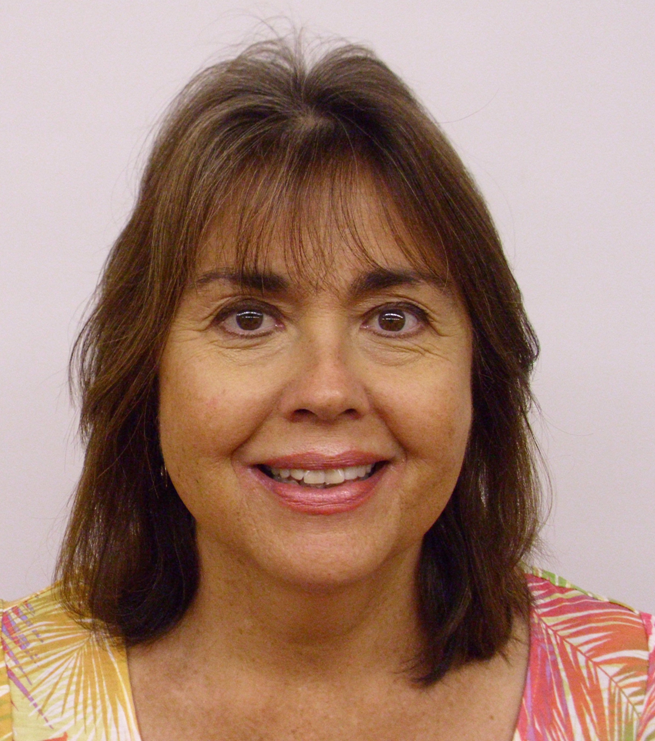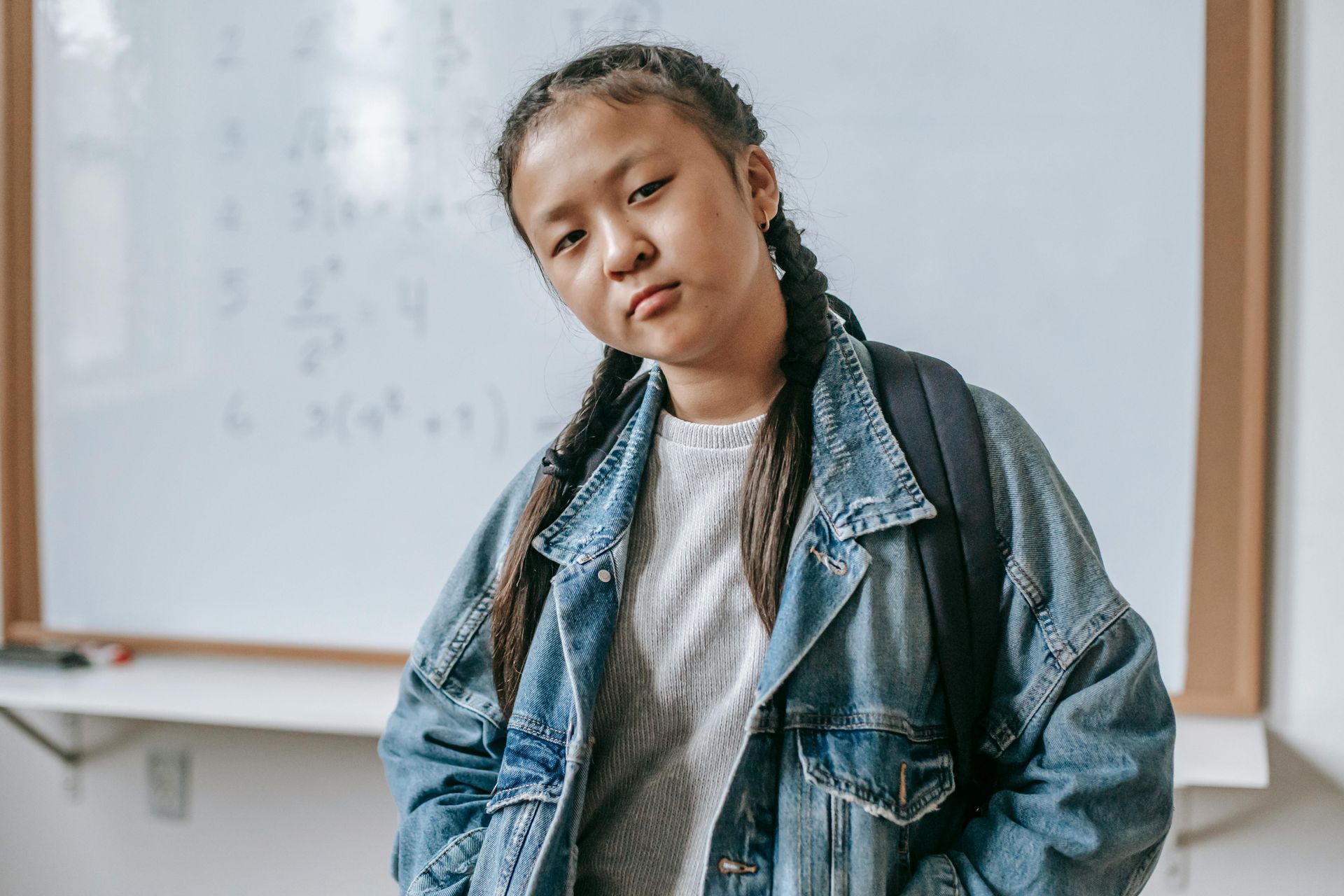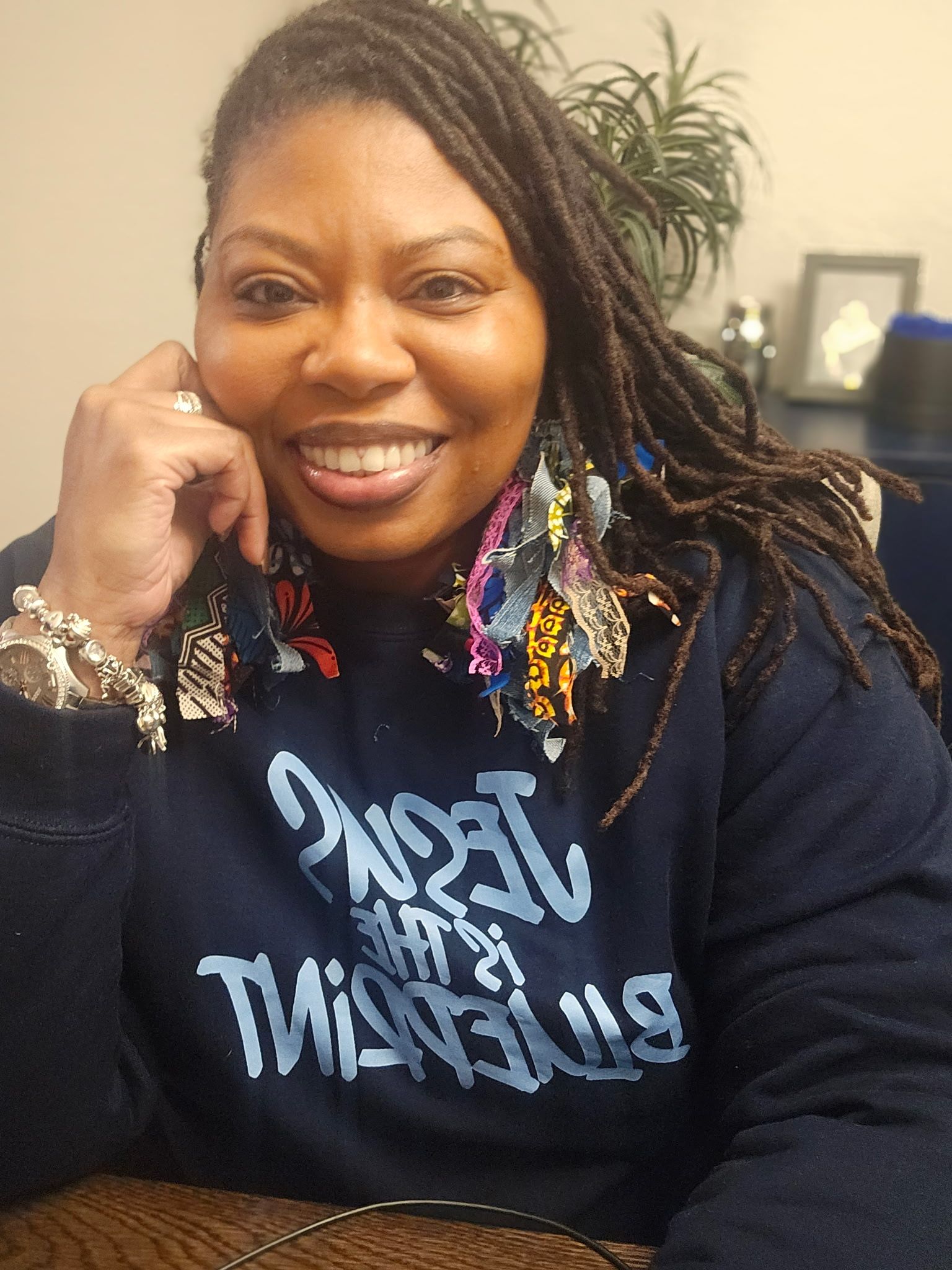September Advocate Spotlight
Roxann Valentine

1. How long have you been an Advocate and when did you realize you wanted to become one?
I have been a volunteer advocate for eleven years. I realized a few years prior to that, as I began to listen more closely to media reports of CASA’s impact on children’s lives. When I returned to San Antonio after living in Corpus Christi for a few years, I registered for training.
2. What is the most rewarding aspect of being an Advocate?
After reading the CPS case files for a newly assigned case, meeting the children involved in that case, then becoming acquainted with the ad litem and caseworker; it’s trusting that working together, we will bring positive changes to those children’s lives, and believing that those changes will likely have a long- term impact on the children’s physical and mental health and safety.
3. If you could offer some words of encouragement to your fellow and incoming Advocates, what would they be?
Training may seem challenging, raising many questions in your mind and you may wonder if you are up to the task, but listen carefully, learn all you can, and ask questions; while keeping in mind that being a volunteer advocate is a continuous learning experience. Each case I’ve been assigned to have been unique, challenged me to try my best, and has provided more opportunity to learn.
I am grateful to have had my supervisor for most of the eleven years. I trust that I can rely on him to guide my thinking, support my concerns, and expertly (as well as patiently) answer my questions.








